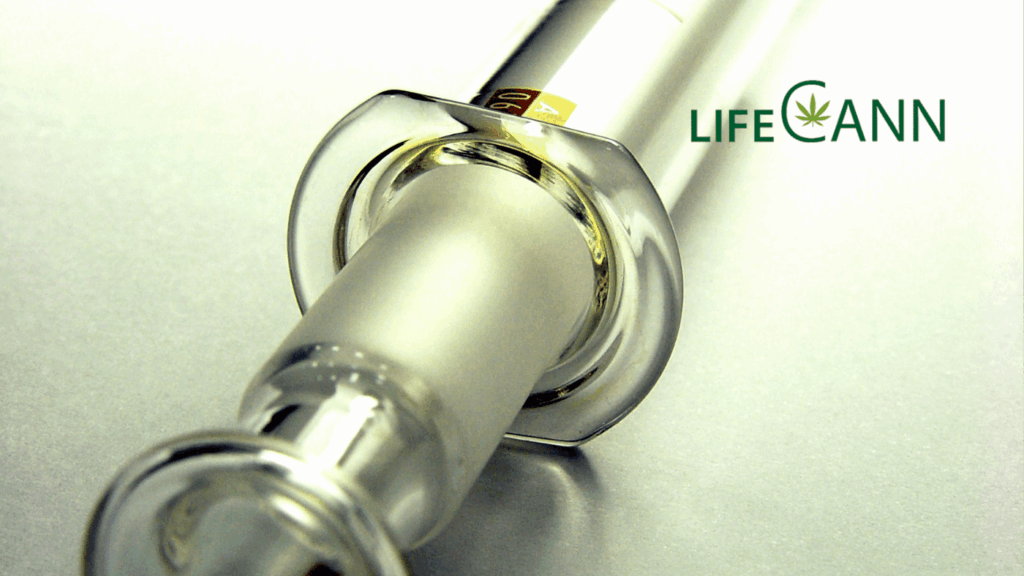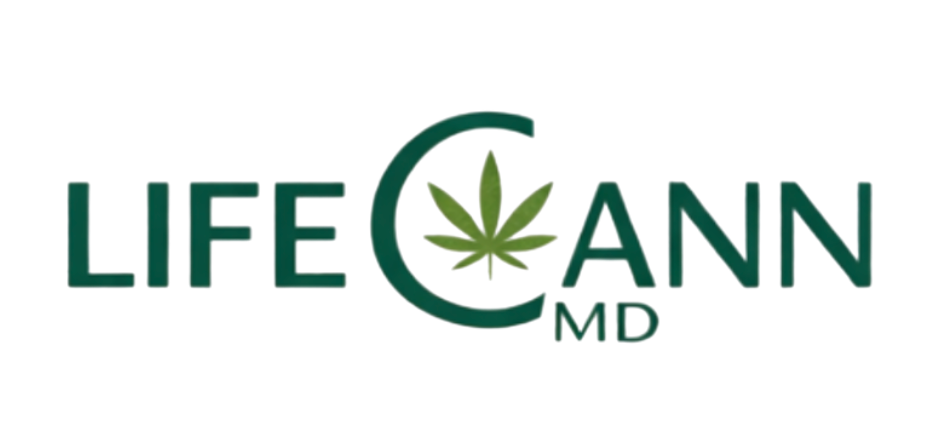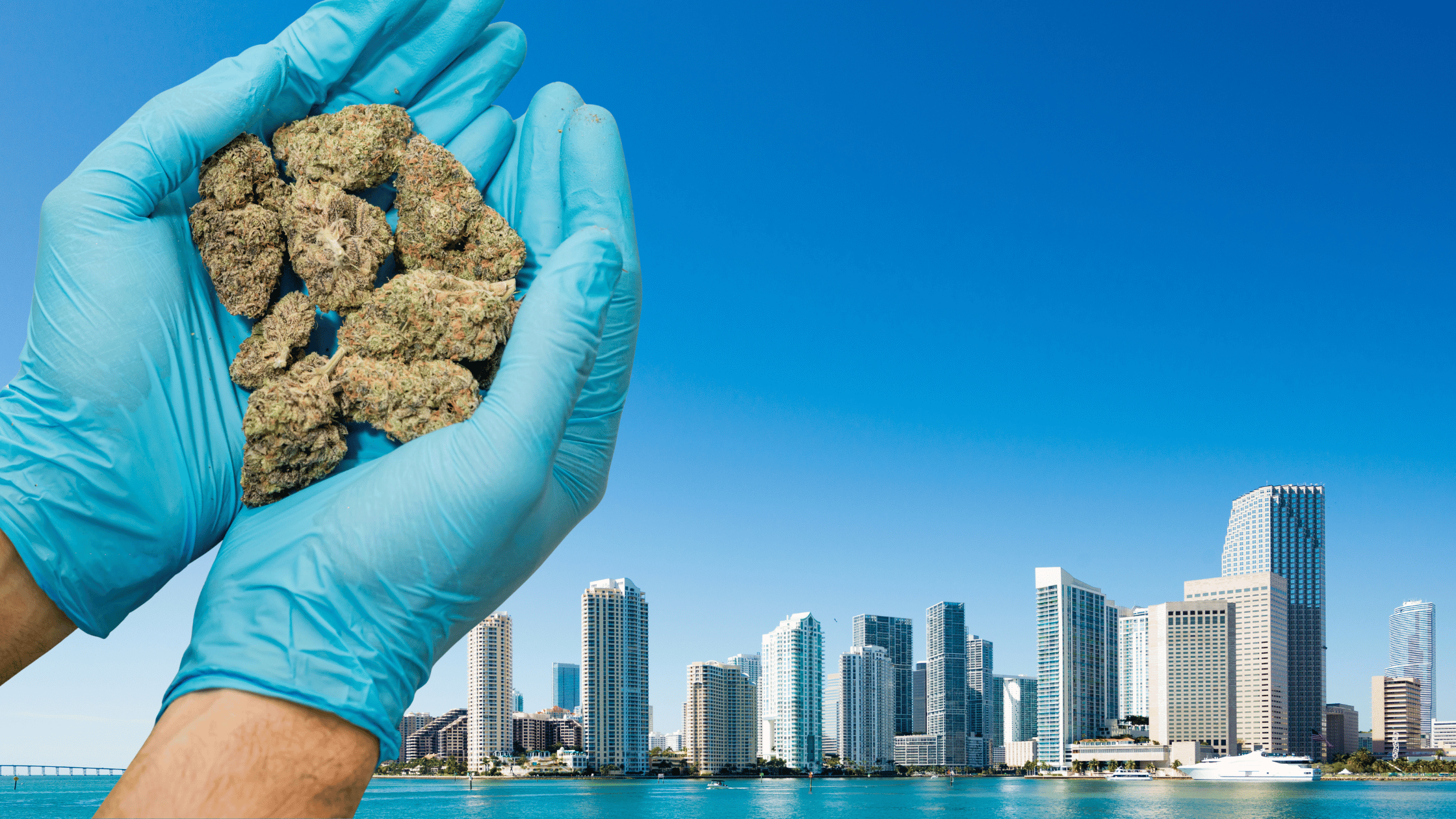
We think Rick Simpson Oil (RSO) is one of the most incredible grassroots medical movements of our time. You might have heard of RSO or looked over it at your local Miami dispensary, but have you ever heard Rick’s story?
This isn’t a story about recreational marijuana or getting high. It’s about a regular guy with no medical background who was just trying to feel better. An engineer who fixed things for a living, who suddenly needed to fix himself. And in that desperate search for relief, he stumbled onto something that would change thousands of lives—including his own. This story is messy, controversial, and deeply human.
Rick Simpson – Just a Regular Guy
Lets think back to 1997, and Rick Simpson is just doing his job. He’s an engineer, working in a hospital in Nova Scotia, Canada. Nothing special, right? Just a regular guy trying to make a living.
Then everything changes.
While removing asbestos from a hospital boiler room with poor ventilation, Rick breathes in toxic fumes and collapses. He hits his head when he falls. The doctors patch him up and send him home, but something isn’t right. The dizziness doesn’t go away. The ringing in his ears (tinnitus) becomes a constant, maddening companion.
Imagine living with that—a constant noise that never stops, day or night. Rick tried the normal route—doctors, prescriptions, more doctors. Nothing helped. Desperate for relief, he remembered something he’d heard about medical marijuana. It was illegal back then, and his doctor wanted nothing to do with it. But when you’re suffering every day, you’ll try almost anything, won’t you?
Little did Rick know that this desperate attempt to ease his own suffering would lead him down a path that would define the rest of his life.
When Life Hands You Cancer…
Just when Rick thought things couldn’t get worse, they did. In 2003, he heard the three words nobody ever wants to hear: “You have cancer.”
Specifically, he was diagnosed with basal cell carcinoma—skin cancer. By then, Canada had legalized medical marijuana, but that didn’t mean doctors were handing out prescriptions. Rick still couldn’t find a doctor willing to support his cannabis use.
Then fate stepped in. During his desperate search for answers, Rick discovered something that would change everything. In the pages of a respected scientific journal, The Journal of the National Cancer Institute, from 1975, he found a glimmer of hope. Scientists had published legitimate research findings showing that cannabis compounds had actually slowed tumor growth in mice.
For an engineer like Rick, who understood the value of evidence and data, it was a revelation. Something clicked in Rick’s mind. So he did what engineers do: he created a solution. He developed a concentrated oil from the cannabis plant and decided to try it on himself.
What would you do in his shoes? The conventional treatments weren’t appealing, and here was something he could make himself, based on actual research.
Rick applied the oil directly to his cancerous growths, covered them with bandages, and waited four days. When he removed the bandages, he claims the cancerous growths were gone. Gone! Can you imagine that moment? The mixture of disbelief, hope, and wonder he must have felt?
Now, I should note that medical experts haven’t independently verified this cure. But for Rick, the evidence was right there on his skin.
“I’m Not Going to Patent This”
What would you do if you developed a cure for cancer? Most of us would probably try to profit from it, right? Patent it, sell it, become rich and famous. It’s the American (or Canadian) dream.
Not Rick Simpson.
Moved by his personal experience and convinced he had discovered something that could help others suffering like him, Rick made an extraordinary decision: he wouldn’t patent the oil or his extraction method. Instead, he wanted everyone to have access to it. He began sharing his recipe freely, teaching others how to make what would become known as Rick Simpson Oil.
“If you knew what I know about this medicine and the people who need it,” he once said, “you’d do the same thing.”
So what exactly is this stuff? Unlike many commercial cannabis extracts that isolate specific compounds, RSO is known as having the whole plant experience. It is sought after because it contains all the cannabinoids (the highest concentrate of THC), terpenes, and other compounds found in the cannabis plant.
The end result doesn’t look particularly appealing—it’s a thick, sticky substance with a dark, almost black color. Most patients say it tastes terrible – imagine the most bitter, plant-like flavor you can think of, and you’re getting close. Nonetheless, pain relief is on the horizon and that is all that matters. We suggest squeezing a tiny amount on a chocolate candy to help with the taste and absorption.
No Good Deed Goes Unpunished
The story takes a heartbreaking turn just when Rick was making the biggest difference.
He’d been giving hope to people who had none left. Cancer patients, folks with chronic pain, people suffering from conditions their doctors couldn’t fix—they all found their way to Rick’s door. And he never turned anyone away. Never charged a dime. His kitchen had become a place of healing, his home a sanctuary for the desperate.
In 2009, one knock changed everything. The Royal Canadian Mounted Police raided his property and confiscated his thousands of cannabis plants. Can you imagine the heartbreak? Not just for Rick, but for all the patients who depended on him?
Faced with legal persecution, Rick made the difficult decision to leave his home country. He moved to Croatia, where he continues to share his knowledge through his website, offering the RSO recipe, dosing guidelines, and books to anyone seeking information.
In 2018, life threw Rick another curveball when he suffered a stroke. He’s been less visible in public since then, but his advocacy for RSO and medical cannabis continues. From a hospital engineer to an international medical cannabis icon—all because he was trying to ease his own suffering and then couldn’t keep the discovery to himself.
So… Does It Actually Work?
This is where we need to have an honest conversation.
If you’re reading this and you or someone you love is suffering, you want to know one thing: Does RSO really work? Will it cure cancer? Can it help with other conditions?
The truth is complicated. On one hand, we have thousands of personal stories—real people claiming real benefits. On the other hand, the rigorous scientific studies that modern medicine requires are still limited.
One thing’s for sure though—cannabis has helped countless people through some of their darkest moments. When cancer treatments leave you hugging the toilet bowl, unable to eat, struggling just to get through each day—cannabis can be a lifeline. When chronic pain has you watching life from the sidelines—it might help you rejoin the game. These aren’t just claims; they’re benefits that doctors now recognize, that families have witnessed, that patients have experienced firsthand.They may help with a qualifying condition., but as for curing cancer? That’s where more research is needed before comments can be made.
For decades, cannabis’ legal status made it nearly impossible to conduct proper research. Scientists couldn’t get funding or permission to study it properly. That’s changing now, but we’re still playing catch-up. It is a fast-paced industry.
There have been some intriguing findings, though. In 2013, a case was reported where RSO dramatically decreased the cancer cell count in a 14-year-old terminal leukemia patient, without the toxic side effects that come with conventional treatments. And countless patients with conditions ranging from multiple sclerosis to epilepsy, insomnia to chronic pain, report finding relief with RSO.
Online you can read, some people swear RSO gave them their lives back. Their stories are powerful and moving. But I’ve also read many whom say it didn’t work as hoped. That’s the reality of medicine—nothing works for everyone.
Rick’s Gift to the World
What started as one man’s desperate attempt to heal himself is now a global movement.
Even in conservative Texas, patients can now access RSO legally through the Compassionate Use Program. Think about that—a treatment that once got its creator raided by police is now being produced commercially and prescribed by doctors.
RSO is special due to what scientists call the “Entourage Effect.” It’s the idea that cannabis compounds work better together than in isolation—like a symphony rather than a solo performance. Because RSO uses the whole plant, believers say it delivers the full orchestra of healing compounds.
I think about Rick sometimes, living quietly in Croatia after giving the world his formula for free. I wonder if he knows how many dinner tables have conversations about him, how many support groups share information about his oil, how many patients speak his name with gratitude. One man’s suffering led to a discovery that has touched countless lives.
Whether you see him as a medical pioneer or just a guy who got lucky with a home remedy, his impact is undeniable.
Hope and Caution: Two Sides of the Same Coin
I’ve sat with cancer patients as they researched RSO. I’ve seen the hope in their eyes—that desperate glimmer that comes when conventional treatments are failing or causing unbearable side effects. It’s powerful and heartbreaking all at once.
Here’s what I tell them: Hope is essential, but so is critical thinking.
For every powerful testimonial about RSO’s benefits (and there are many), there’s a scientist cautioning that we need more research. For every person claiming a miracle cure, there’s a doctor pointing out that we don’t yet have enough controlled studies to make definitive claims.
Both perspectives matter. Both come from a place of caring about human suffering.
What we do know is that Rick himself was remarkably transparent about his journey. He shared his extraction method, his dosing protocols, and his personal experiences openly. He never claimed to have all the answers. He simply shared what worked for him and let others decide for themselves.
This is perhaps his greatest gift—not necessarily the oil itself, but the empowerment of patients to be active participants in their own healing journeys.
Finding Your Own Way Forward
Every time I share Rick Simpson’s story, someone asks me, “So should I try RSO?” And every time, my answer is the same: “That’s between you, your doctor, and your own heart.”
Because here’s the thing—the story of RSO isn’t just about cannabis. It’s about something much deeper and more universal: the human response to suffering. It’s about the lengths we’ll go to find relief, not just for ourselves but for others who are hurting.
It’s also about questioning authority when necessary. Rick wasn’t a doctor or a scientist. He was just a guy who got hurt, got sick, and refused to accept that nothing could be done. Sometimes the most revolutionary acts are born from the simplest human instincts—to survive, to thrive, to help others do the same.
As science catches up with anecdotal evidence, we’ll learn more about what RSO can and cannot do. New studies are being conducted every year as legal barriers fall. The answers will become clearer.
What we’ve learned from Rick’s journey reaches far beyond medicine: One ordinary person can spark extraordinary change. Sometimes our most profound breakthroughs arrive from places we least expect – a ripple can transform countless lives.


